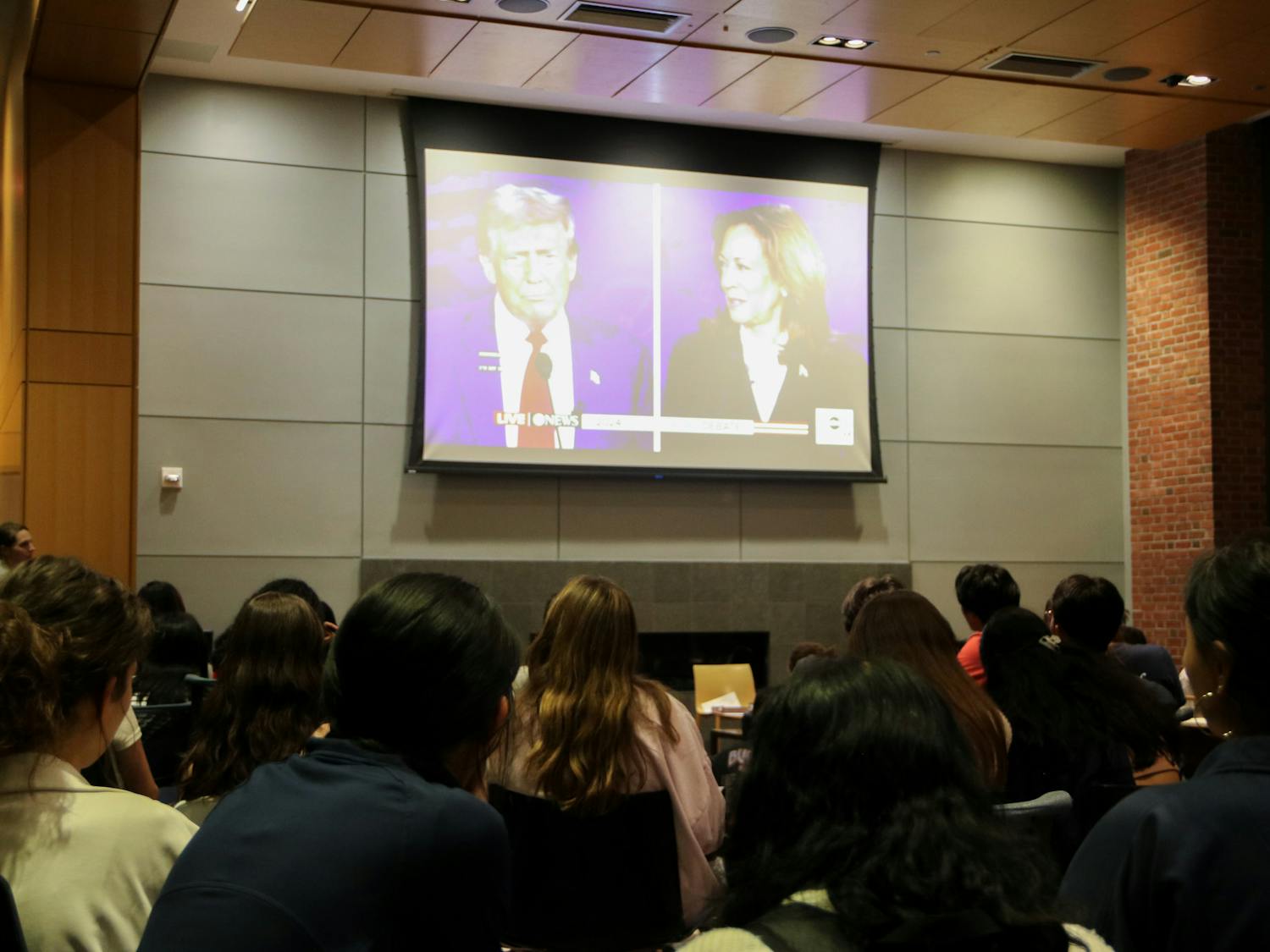About a third of Penn female undergraduates say they’ve been sexually assaulted, according to the results of the American Association of Universities’ Campus Climate survey, whose results were released on Sept. 21. Specifically, 27 percent of female undergraduates have experienced “nonconsensual penetration or sexual touching involving physical force or incapacitation” since entering college.
But there’s an interesting discrepancy when the statistics are examined more closely: Only 30.7 percent of women who said they were sexually assaulted while at Penn actually reported it by senior year — a small fraction of the total number of women.
At the same time, 58.1 percent of students overall believe that a report will be taken seriously by the administration, raising the question of why Penn students don’t speak up.
For one, it’s not a Penn-specific issue, according to Jessica Mertz, Penn’s director of student sexual violence prevention and education.
“Instead of looking at what it is about Penn culture,” Mertz said, “what is it about campus cultures in general that create a higher risk for sexual assault?”
The AAU survey suggests that it isn’t because students don’t believe in the university’s ability to advocate for them. Rather, it’s because they don’t believe that what happens to them is serious enough to report or important enough to go through the hassle.
“It gives us data in here about the reasons students don’t report, and it’s actually very similar to what we’ve seen in surveys that have been done for a long time around sexual violence, and the number one reason that came up in here is students not thinking it was serious enough to report,” Mertz said.
According to the AAU survey, at Penn, 62.2 percent of victims of penetrative acts by force and 61.8 percent of victims of penetrative acts by incapacitation do not believe that the incident was serious enough to report.
Mertz also suggested that students might have a particular view of what “reporting” means, which keeps them from going to administration.
“In my experience, part of the reason is that students have an idea of what, in their head, they think what reporting means, and it’s very different from what it actually looks like and what the options actually are,” Mertz said. “Reporting doesn’t have to look like going to the police, necessarily; it could be different depending on what the person’s needs are.”
“If people are experiencing coerced sex or incapacitation or force, but they’re not calling it sexual assault, then they’re generally not reaching out for help,” she added.
And just because students don’t report through “official” channels doesn’t mean that they’re not getting support.
“For one student, that might mean coming to the Women’s Center and getting confidential support in the support group for a semester,” Penn Women’s Center Director Felicity Paxton said. “For another student, it might mean going to the sexual violence investigator and filing an official university complaint ... and that’s not to take away from the fact that we have low reporting numbers nationally.”
“I think it’s important for us to remember that we’re trying to empower students to speak their truth in whatever way is most authentic to them,” Paxton said.









